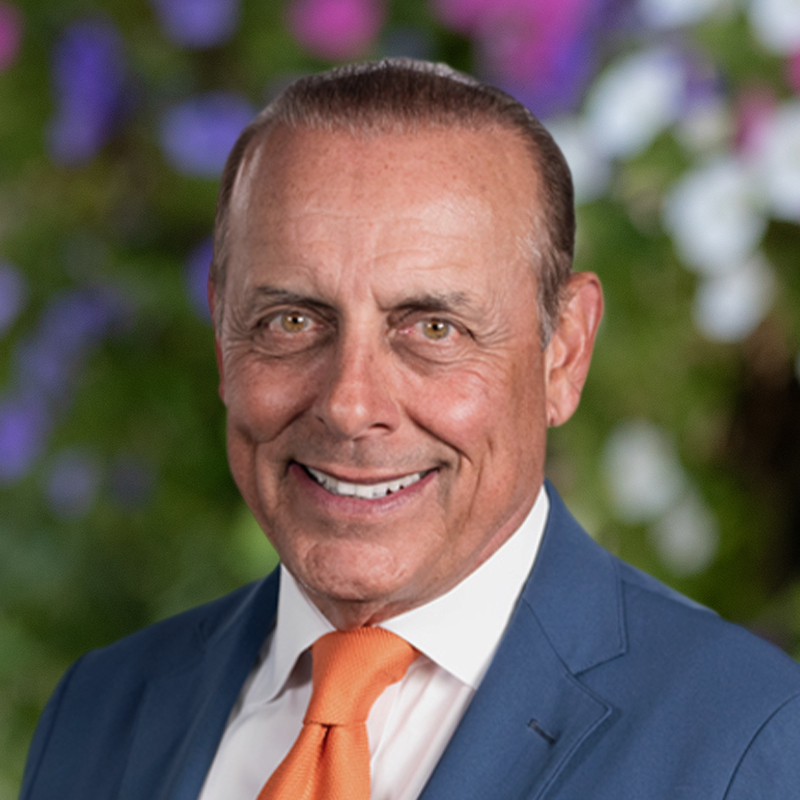How to Profit as Rental Demand Soars
Shah Gilani|September 6, 2022
Up until last week’s Jackson Hole Economic Symposium, it was pretty clear that the majority of investors had convinced themselves that the FED was going to start scaling back the increases in its interest rate policy.
And then, in less than 10 minutes, Jerome Powell, the Chair of the Federal Reserve, set the record straight.
In his remarks, he said the Fed is firmly resolved to bring down inflation and to “keep at it until the job is done,” and that fighting inflation could bring “some pain to households and businesses”.
The bottom line is interest rates are heading higher, and that’s going to lead to higher interest rates on mortgages for home purchases. Of course, mortgage interest rates aren’t going to rise in a straight line, but one thing I’m very confident about is that 6 to 12 months from now, mortgage rates will be higher than they are today.
That’s going to push a lot of potential homebuyers into the rental market, which brings me to one of my favorite ways to profit from higher demand in that area: residential rental real estate trusts (REITs).
These companies are obligated to pass on the majority of their taxable income in the form of dividends to shareholders, and they can make a great hedge when inflation is high and recessionary conditions are looming.
My current favorite REIT pick is Equity Residential (EQR).
Based in Chicago, Illinois, EQR owns or has investments in 311 properties consisting of 80,851 apartment units, located in Boston, New York, Washington, D.C., Seattle, San Francisco, Southern California, Austin and Denver.
The significant thing about them is “where” the company’s properties are located and “who” its tenants are.
First up, the locations of its portfolio: Boston, New York, Washington, D.C., Seattle, San Francisco, Southern California, Austin and Denver, have some of the highest and fastest growing homes prices in the country. That’s translates into rental demand because people who live in those cities simply can’t afford to buy homes or choose not to pay up for expensive housing.
The second part is its tenant profile. The average resident in an EQR property is 32 years old, with 46.8% and 38.2% of EQR’s units occupied by a single individual or two people, respectively. Additionally, the average household income of EQR residents is $166,000, which is well above the national average of $92,000.
Putting all of that together, the average EQR tenants are young, professional, likely have no children, and have plenty of income.
Over the trailing 12 months EQR had generated revenue and net income available to common shareholders of $2.61 billion and $12.25 billion, respectively.
And remember, because EQR is a REIT, it has to pass along the majority of its taxable income in the form of dividends to shareholders.
At the current price, EQR’s dividend yield is 3.35%.
Speaking of dividends, from 2011 to 2021, the company the grew its annual dividend grew 52.53% from $1.58 in 2011 to $2.41 in 2021, and this year that amount is expected to grow (once again) to $2.50 for 2022.
All on its own, that dividend policy would be enough to grab my attention, but the stock is down nearly 21% from its 12-month high, which makes it very attractive right now.
Make sure to check back in next Monday, and the following Mondays as well, as I take some time to draw your attention to my series on inflation-beating investment ideas.
Until then, have a great week.
![]()
Shah Gilani

Shah Gilani
Shah Gilani is the Chief Investment Strategist of Manward Press. Shah is a sought-after market commentator… a former hedge fund manager… and a veteran of the Chicago Board of Options Exchange. He ran the futures and options division at the largest retail bank in Britain… and called the implosion of U.S. financial markets (AND the mega bull run that followed). Now at the helm of Manward, Shah is focused tightly on one goal: To do his part to make subscribers wealthier, happier and more free.

